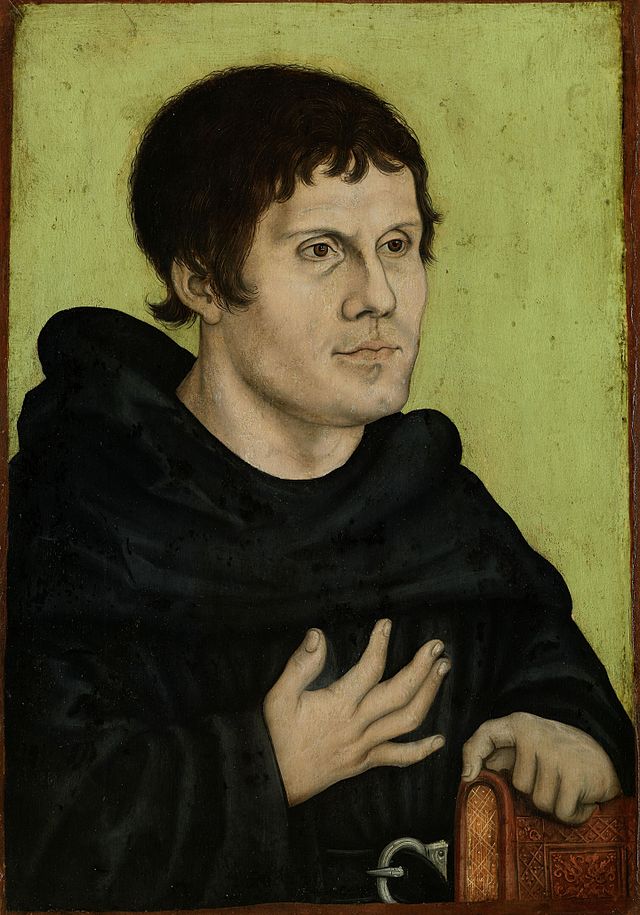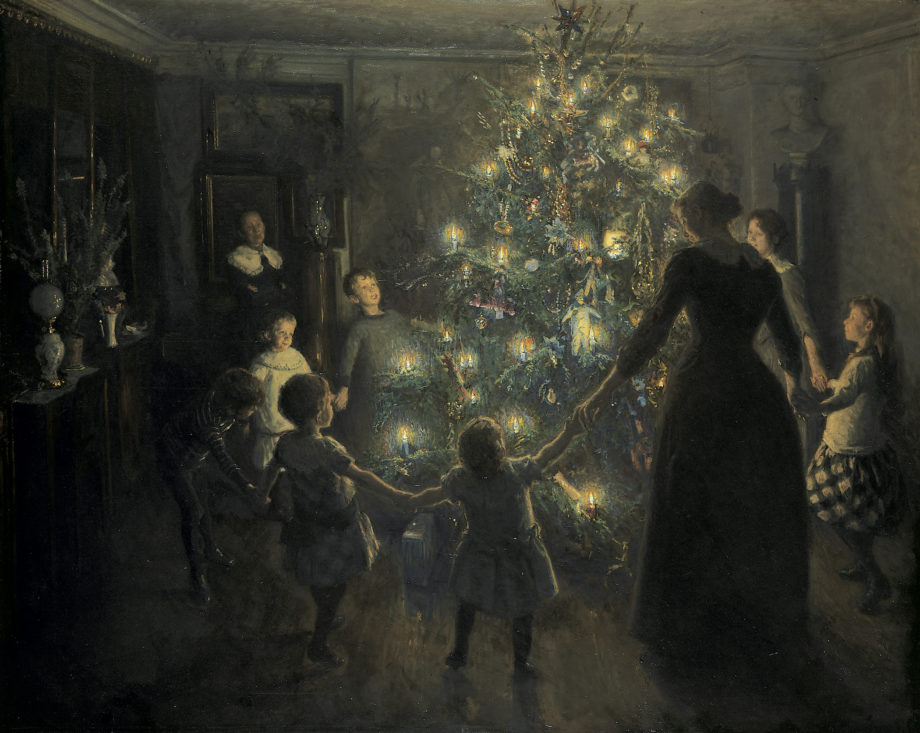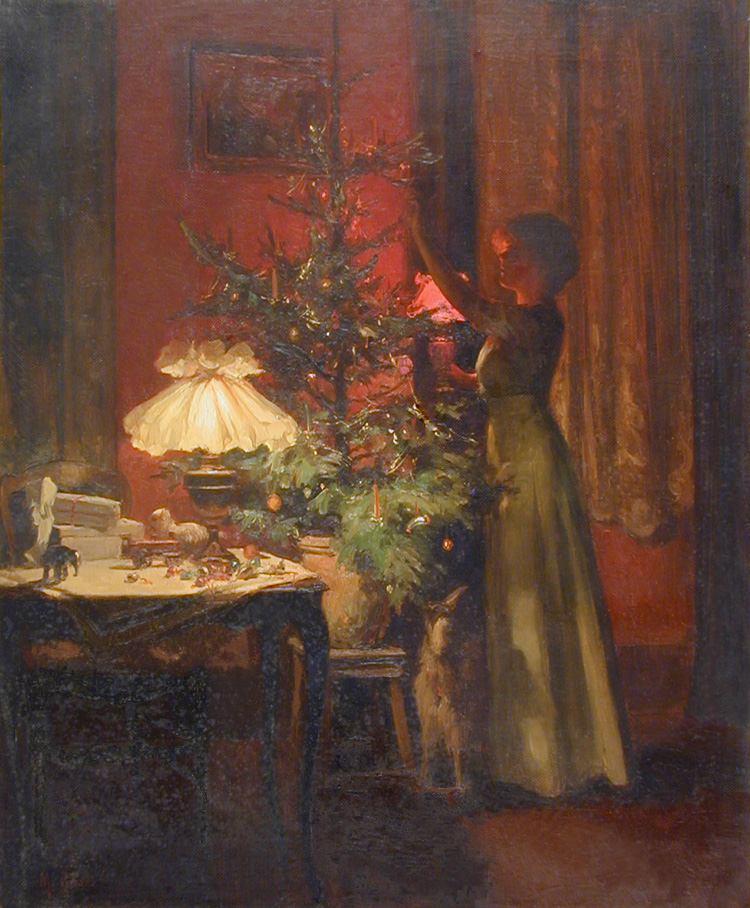Can you believe it's already the middle of the month? I can't! This month is moving so fast, and Christmas and New Year's will be here in a blink. Because Christmas is coming up, I've decided to post a Christmas-related article today that I hope you all will like.
Days till:
It is: 14 days till Christmas
It is: 21 days till New Year's Day
In the Spotlight:
Again, I have a little sliver of news concerning Jurassic World. Recently, Irrfan Khan had an interesting interview with THR where he revealed several things about the role he would play, Simon Masrani, in the film. Here are his responses to the questions he was asked:
What can you tell us about your upcoming role in Jurassic World?
I'm playing the park owner, a very flamboyant person. When the first Jurassic Park came out, I barely had the money to see it and now I'm playing a part. He's trying to entertain the world with good intentions, but sometimes being flamboyant doesn't mean having much wisdom.
I'm playing the park owner, a very flamboyant person. When the first Jurassic Park came out, I barely had the money to see it and now I'm playing a part. He's trying to entertain the world with good intentions, but sometimes being flamboyant doesn't mean having much wisdom.
What can people expect from this film, different from the original?
For sure it will have more vibe. It's the Jurassic World of these times, with all the technical experimentation. It has now become a fully-bloomed dinosaur amusement park. Dinosaurs in this film will definitely be scary, but this is not a horror film, so it will be like a scary adventure.
For sure it will have more vibe. It's the Jurassic World of these times, with all the technical experimentation. It has now become a fully-bloomed dinosaur amusement park. Dinosaurs in this film will definitely be scary, but this is not a horror film, so it will be like a scary adventure.
Was the filmmaking process difficult, with so many CGI costars?
As an actor what's most important is how the story and the director make you feel on the set and that's immaterial if you have CGI or real partners. If you have a good chemistry with the director everything's fine and I really loved the playfulness of the script and Colin's approach.
As an actor what's most important is how the story and the director make you feel on the set and that's immaterial if you have CGI or real partners. If you have a good chemistry with the director everything's fine and I really loved the playfulness of the script and Colin's approach.
I am rather glad that Jurassic World is a scary adventure, like the other three movies, rather than a horror film. Jurassic World comes out on June 12, 2015...that's in 182 days away!
Topic of the Week by Christian Ryan
 |
| Christmas trees are one of the most widespread Christmas traditions. |
Christmas is a wonderful time of the year for me! As a matter
of fact, it's really my favorite time of year. I love everything about
Christmas. One of my favorite traditions is decorating the Christmas tree. I
love to put on the lights and the little decorations. It's loads of fun. But do
you know how this tradition got started? If you're a curious mind who needs an
answer to this question, keep reading!
In order to understand the history of Christmas trees, you
have to know about a very special day of the year: Winter Solstice. This day
takes place on the longest night of the year, usually December 21. In ancient
times, many people of the Northern hemisphere celebrated this day because they
believed that the sun was a god. They thought that every winter the sun-god
would get terribly ill and begin to grow weak. But the shortest day of the year
(December 21) represented the time when the sun-god begin to heal from his
cold, growing stronger until it was finally summer. During the winter solstice
celebration, evergreen boughs were a way for the people to remember all the
green plants that had gone into a period of suspended animation for the winter
and how their greenery would return in the summer. This tradition was carried
out in different ways in the various cultures – the ancient Egyptians decorated
their houses with green palm rushes and early Romans filled their homes and
temples with evergreen boughs; the Druids of northern Europe decorated with
evergreen boughs in their temples; the Vikings of Scandinavia believed
evergreens were their sun god's, Balder's, special plant.
 |
| Several cultures in the northern hemisphere, such as the druids, celebrated Winter Solstice. |
The importance of winter, green plants (mostly evergreens)
and the sun was very important to many northern cultures. But when did the
tradition of decorating actual Christmas trees begin? Well, the answer is that
no one really knows. However it is likely that it started in northern Europe
about 1,000 years ago. The first person to not only bring a Christmas tree into
a house, but also add lighted candles to the tree might be the Protestant
Christian reformer Martin Luther. According to legend, in the 16th
century, Luther was walking through a forest at night. He looked up and saw all
the beautiful stars shining above him. He was so amazed by the sight that he
wanted to share the beauty before him with his wife. Luther cut down a tree and
brought it home with him. He decorated it with tiny lighted candles on the
branches as a symbol of the sky at Christmastime.
 |
| Martin Luther might be responsible for putting the first lights on a Christmas tree. |
Many of the Christmas tree traditions varied greatly from our
own. Some traditions featured getting a Christmas tree and hanging it upside
down from the ceiling by the use of chains! Many early Christmas trees weren't
even really “Christmas trees” at all. At least, they didn't use your typical
evergreen trees; for these traditions, cherry or hawthorn plants were used in
the hope that they would flower by Christmastime. Poorer people who couldn't
afford to get real plants created wooden pyramids that were designed in the
shape of a tree and decorated with paper, apples and candles.
An interesting Christmas tree-like tradition concerns the
Paradise Trees. These trees were used in medieval German Mystery Plays that
were performed Bible accounts outside of churches on December 24. The date of
the 24th of December was decided because that was Adam and Eve's Day
on early church calendars of saints. In order to bring attention to the plays,
a Paradise Tree was paraded around the town. This tree represented the Garden
of Eden and was decorated in apples and wafers. As you might expect, fruits
such as apples were replaced with ball ornaments that we hang on the trees
today.
 |
| Before the decorations we're familiar with came around, people decorated Christmas trees with fruit. |
The very first use of a tree used at Christmas/New Year
celebrations ever documented occurred in 1510 in the town square of Riga, the
capital of Lativia. We don't know too much about this event, but we know that
the men attending the ceremony wore black hats and burned the tree once the
festivities were over; this event was similar to the Yule Log custom.
Early Christmas trees in Germany were decorated in edible
items, including gingerbread and gold-covered apples. An unidentified German
described a Christmas tree tradition in 1605:
“At Christmas they set up fir trees in the parlours of Strasbourg and hang thereon roses cut out of many-colored paper, apples, wafers, gold foil, sweets, etc.”
In those early years, people put a figure of baby Jesus
Christ at the top of the Christmas tree. This was changed over the years to
either an angel (like the one that told the shepherds about Jesus' birth) or a
star (like the one God used to lead the wise men to Jesus), both of which are
used today.
 |
| Everything from figures of baby Jesus, to stars and angels have been used as tree-toppers over the years. |
But traditional and typical Christmas trees like the ones we
decorate today started getting popular worldwide in 1841, when Queen Elizabeth
I's husband Prince Albert had a Christmas tree set up in Windsor Castle. A
drawing entitled “The Queen's Christmas tree at Windsor Castle” was published
in the Illustrated London News in 1848 and people of the UK and USA caught on very
quickly.
| An illustration of the Queen's Christmas tree at Windsor Castle |
Between this time and now though, the Christmas tree still
went through many changes. Tinsel was originated in Germany. Initially tinsel
was formed from thin strips of beaten silver. This all changed when a plastic,
man-made tinsel was created. People liked the plastic tinsel better because it
was cheaper and much lighter (which you'll know is very important if you've
ever tried hanging heavy ornaments on your Christmas tree!). Another major
change to the Christmas tree as you might have noticed is the type of lights
that are used. Traditionally lighted candles were hung on the the trees; as you
might guess, this is quite a fire hazard. This was especially realized in 1885,
when a Chicago hospital was burned down to the ground due to lighted candles on
their tree! Fortunately, in 1895, American telephonist Ralph Morris realized
the danger candles on Christmas trees posed and invented electric Christmas
lights. Thanks Ralph Morris!
 |
| Until Ralph Morris invented electric Christmas lights in 1895, people used lighted candles. |
Today, the tradition of decorating Christmas trees is a
favorite part of the holiday for a lot of people. They come in all shapes and
sizes – fake trees are mass-produced so that they can come in a variety of
different colors (white artificial Christmas trees became popular in the year
1900; yes, they're that old!), and some are made of paper mache,
plastics and in the Edwardian period, some Christmas trees were even made of
colored ostrich feathers! Christmas trees aren't only big in terms of
popularity, but many are actually really big! The tallest artificial
Christmas tree of all was 170.6 feet tall and was covered in green PVC leaves!
Called the “Peace Tree”, it was displayed in Moinhos de Vento Park, Porto
Alegre, Brazil from December 1, 2001 until January 6, 2002.
 |
| Fake Christmas trees are popular with people who don't like cleaning up pine needles. |
Now that we know the truth about the history of Christmas
trees, start decorating yours if it hasn't been done already! But in doing so,
don't become distracted by the glitz and glimmer of this time of year, often
dealing with presents and Santa Claus. Remember that Christmas is really about
the birth of our Lord and Savior, Jesus Christ.
 |
| The beautiful Christmas tree! |
References:
Disclaimer: Many (or in some cases all) of
the photographs and images above are not mine. If you own one or more of them
and would like them to be removed, politely let me know via one or both of the
email addresses above.
No comments:
Post a Comment